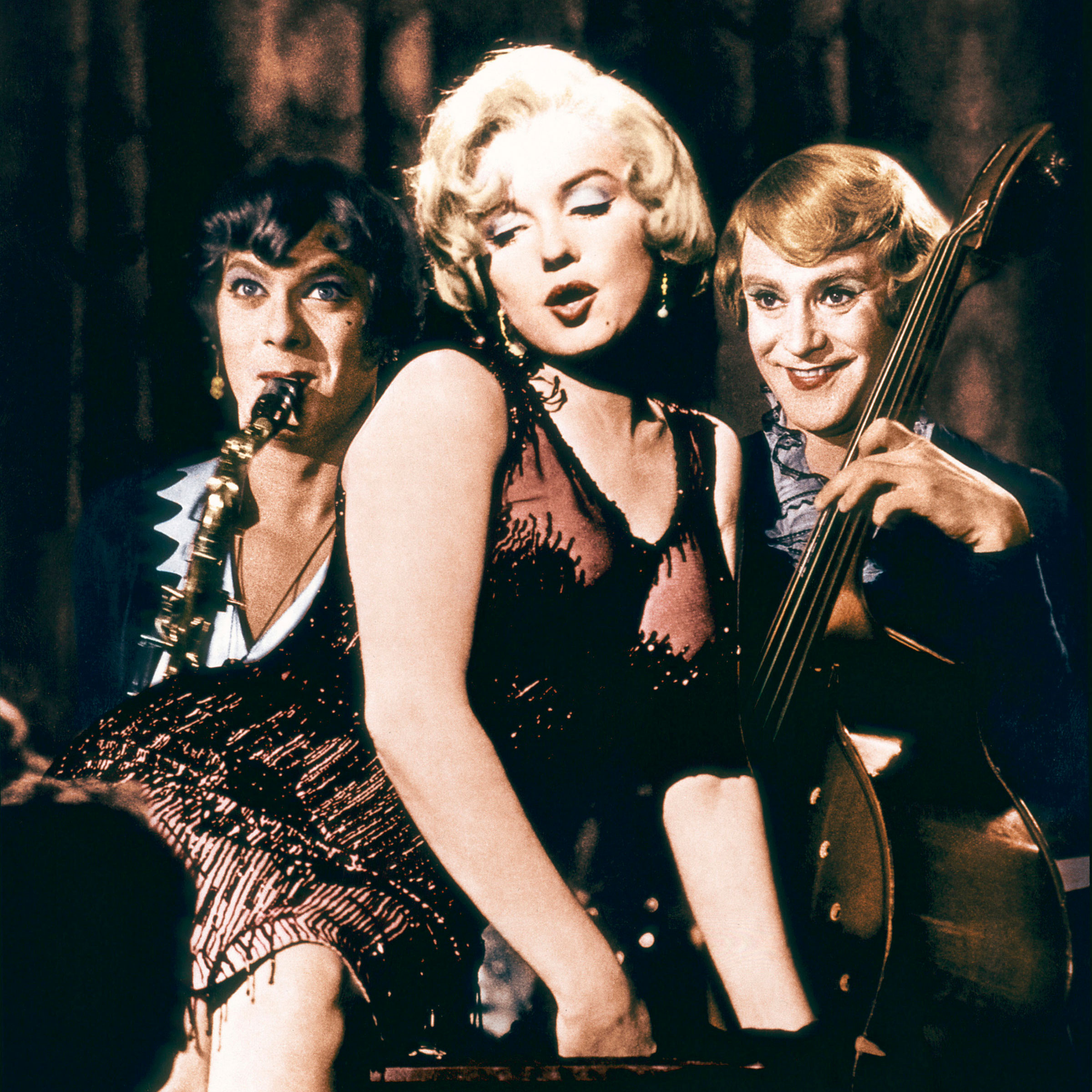Carla Carlisle on the twilight years
Carla Carlisle has just introduced a new puppy into the house, and ponders on how best to tackle the latter years of one's life


Diana Athill begins her autumnal memoir, Some-where Towards the End, looking out of her bedroom window at a pack of five pugs being walked in the park. The scene causes her a pang because she s always wanted a pug and now she s too old to get a puppy. She has a nice old dog, as old in dog years as she is 89 when she was writing, now 90 who is happy pottering along at her pace. A puppy requires house-training, lively walks, and a game plan in case it outlives you. I ve been thinking about Miss Athill s book because, on Sunday, we collected Otis, our eight-week old puppy, son of Bofus, our nine-year-old labrador. This wasn t a simple decision. Bofus (Southern for both of us ) is a youthful old dog and fits into our lives perfectly. Like an only child who goes wherever you go, an only dog is more portable. Once numbers increase, the whole show slows down.
On the plus side was the age-old theory that the puppy would rejuvenate the old dog, bringing companionship and fun to his twilight years. The pained look in Bofus s eyes as we presented him with his son suggests that notion is overworked. Although he s trying hard to be generous and self-effacing, Bofus has the anxious, puzzled look of one betrayed. In fact, he seems to have aged since Otis arrived, as though he s telling us that all he wants to do now is embrace his inner old dog.
I m not insensitive to his dilemma. For one thing, I spend more and more time contemplating how humans embrace their inner old dog. Miss Athill s book nestles on an entire shelf on the subject, including an anthology that came out a couple of years ago called Late Youth, which celebrates the joys of being over 50; Katharine Whitehorn s memoir Selective Memory; Joan Bakewell s The View From Here, written when she reached 70; and Virginia Iron-side s sparky and spiky novel No! I Don t Want to Join a Bookclub. My copy of Let Evening Come by Mary C. Morrison, written in 1998 when the writer was 87, is well-worn and, maddeningly, out of print.
Dwelling on age is a compulsion. I study the presidential candidates and think there s a woman exactly my age who wants to run the world, more or less, and I m daunted at running a farm, a family and housetraining a puppy. I look at the candidate who s in his seventies and wonder if he s really up to the job until I look at his 95-year-old mother and think she s livelier than her son.
Still, I never prepared for any of my journeys in life and, with that little regret, I m determined to prepare for this one. Miss Athill began by observing the women around her, including the writer Jean Rhys, who expected old age to make her miserable, and it did. Miss Athill decided early on to avoid Miss Rhys s example. In Late Youth, Selina Hastings describes the shock of her age-conscious American friends as she snorted and heaved her way out of the car. Stop that! It makes you sound so old! She now gets out of a car like a dancer.
If I m honest, this puppy is rejuvenating me. I m up at dawn and I m walking 10 minutes every hour. The walks may not make me fitter, but at least they give me time to think. It may be too late for Diana Athill to get a puppy, but that s a small regret. All the big regrets she has wisely set aside and got on with what she likes doing best reading, writing, friendships. She s my model for what to do later in life. And, in the meantime, when I get out of the car I practice looking like Ginger Rogers.
Exquisite houses, the beauty of Nature, and how to get the most from your life, straight to your inbox.
Country Life is unlike any other magazine: the only glossy weekly on the newsstand and the only magazine that has been guest-edited by His Majesty The King not once, but twice. It is a celebration of modern rural life and all its diverse joys and pleasures — that was first published in Queen Victoria's Diamond Jubilee year. Our eclectic mixture of witty and informative content — from the most up-to-date property news and commentary and a coveted glimpse inside some of the UK's best houses and gardens, to gardening, the arts and interior design, written by experts in their field — still cannot be found in print or online, anywhere else.
-
 A spectacular tower for sale that's a blend of Victorian folly, architectural marvel and 21st century family home
A spectacular tower for sale that's a blend of Victorian folly, architectural marvel and 21st century family homeHadlow Tower has space, and a back story of love, jealousy and intrigue.
-
 Some Like (to quiz when) It Hot: Country Life Quiz of the Day heatwave special, July 11, 2025
Some Like (to quiz when) It Hot: Country Life Quiz of the Day heatwave special, July 11, 2025If you're struggling to keep cool — and who isn't? — our Quiz of the Day will at least take your mind off the soaring temperatures.
